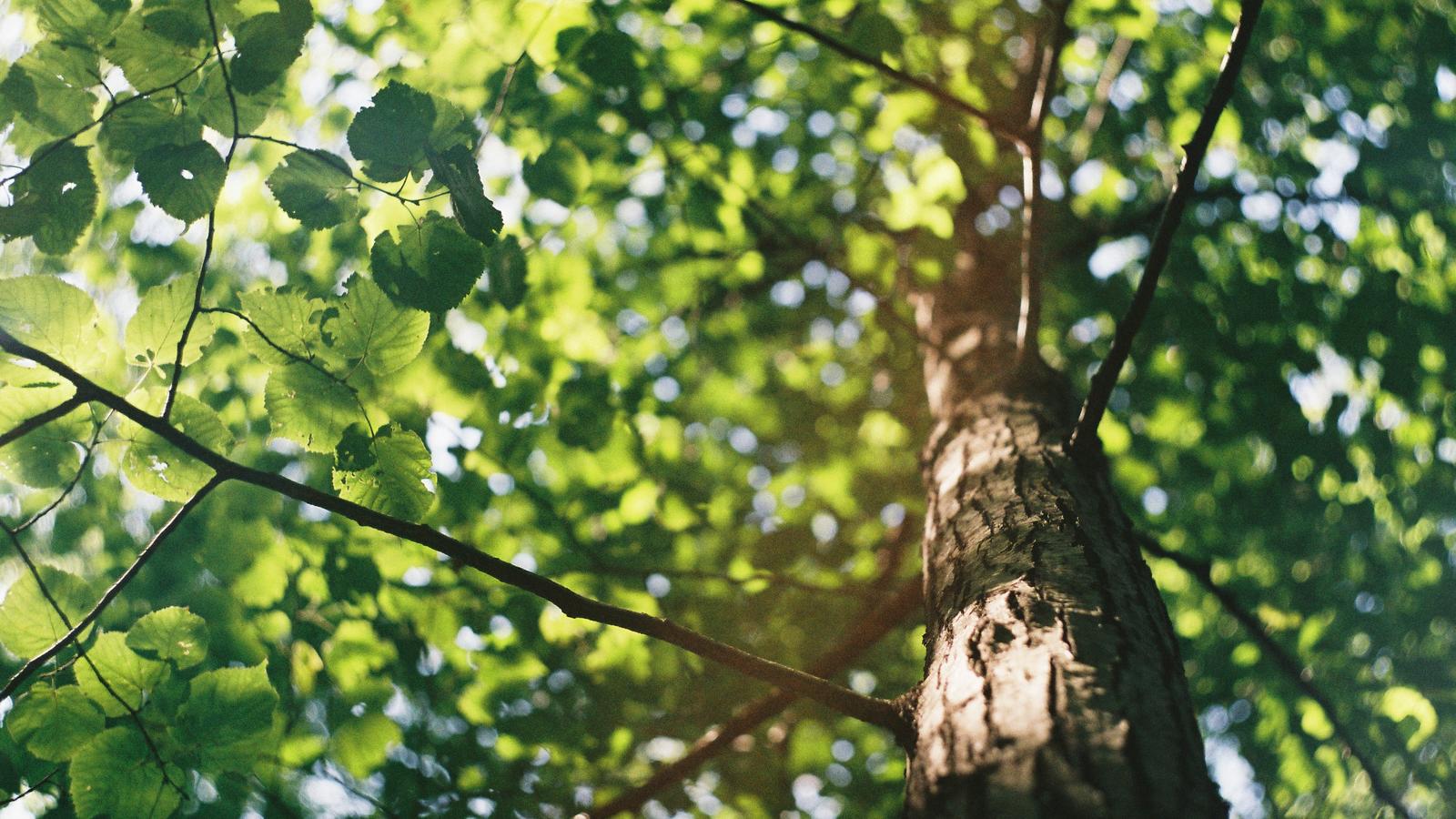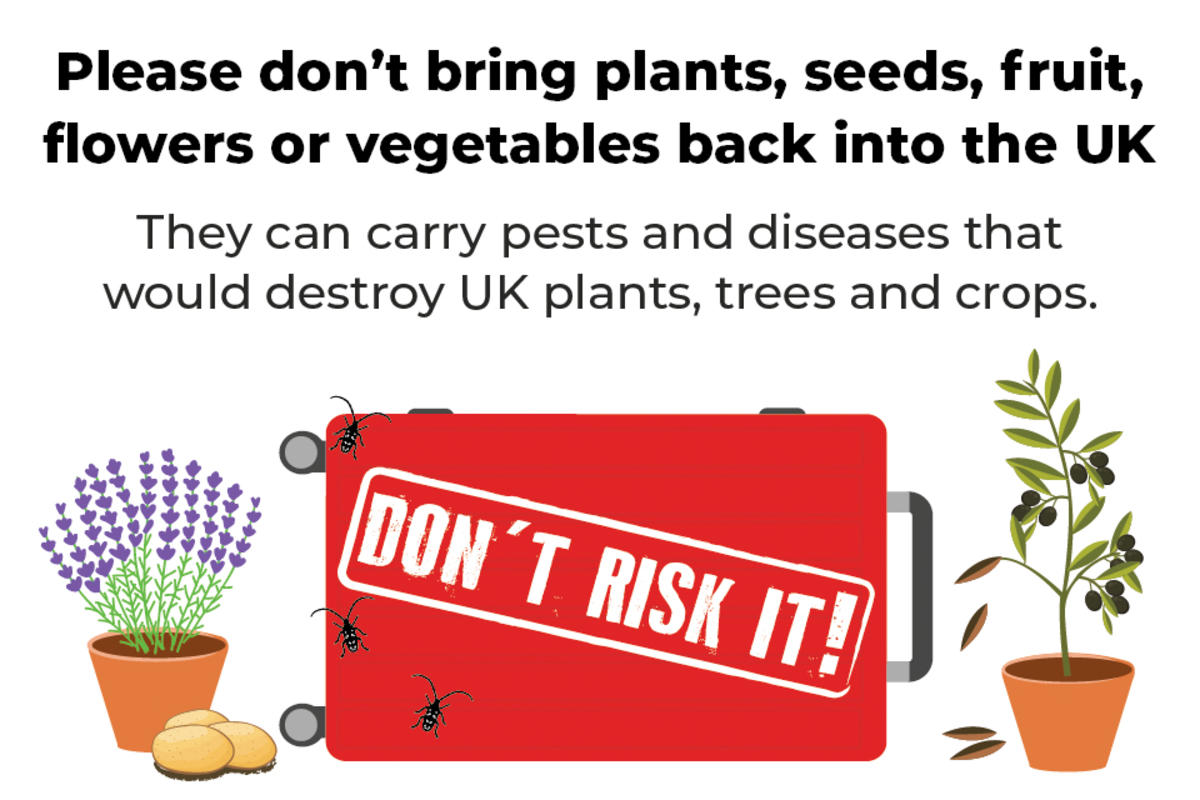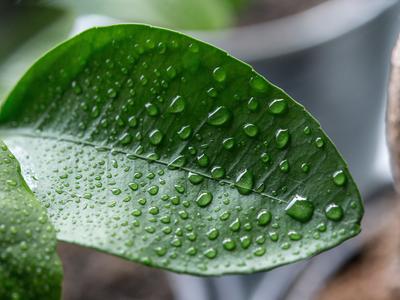Protecting our plants and trees for future generations
Article by Anisha Chandar
The UK is blessed with a magnificent and diverse range of trees and plants. They beautify landscapes, public and private gardens and urban areas – providing habitats and food to support wildlife. Yet the threat to the health of our trees and plants from pests and diseases is real and increasing. We need a strong response.
One of our big concerns is Xylella, a notorious bacterial disease present in Italy, France, Portugal and Spain where it is causing major economic and environmental impacts.
In Italy it is estimated that the impact of Xylella on olive trees alone has so far amounted to a loss of €390 million in the past three years.
Xylella can infect a very broad list of trees and plants, some of which are higher risk than others. At present species like olive, lavender, rosemary and almond are considered the most significant threat to the UK, but the host list is changing frequently, which is why our advice relates to all tree and plant species.
An outbreak of this disease in the UK would lead to the destruction of trees and plants, with negative impacts on the environment and industry. That’s why we must be prepared.
What are we doing?
Government has invested more than £4.5 million to strengthen our border security, recruiting new plant inspectors and enhancing training. The UK Plant Health Risk Register is the most comprehensive in the world, containing over 1000 pests and diseases which are regularly reviewed and prioritised for action, by government and industry.
We are taking a lead in the EU to tighten import and movement controls to protect the country against the introduction of Xylella. Restrictions on the movement of high-risk host plants from affected areas in the EU are already in place, and full inspections occur on host plants from outside the EU. In the UK, we supplement European measures with national legislation, requiring the notification of certain imports allowing APHA to build intelligence on trade and carry out targeted inspections.
Raising awareness of this disease with the UK horticulture industry is a key priority. The Chief Plant Health Officer, Nicola Spence has written to the horticulture sector, urging traders and growers to make careful decisions on the sourcing of plants. Nicola also Chairs the Xylella Preparedness Board, which is driving forward and co-ordinating government’s work to ensure a rapid and effective response to any finding of Xylella in the UK.
Grower or trader? Take the following actions
- Ensure imported plants both originate from and are sourced from disease-free areas
- Source from known suppliers or visit suppliers to view their processes, procedures, biosecurity arrangements and the plants they grow
- Isolate or quarantine new batches of plants and monitor them during the growing season for signs of the disease
- Ensure that plant passports arriving with plants are correct and keep the plant passport to aid traceback
- Follow the full import guidance on GOV.UK
Many traders are already on the front foot. Nurseries and garden centres have committed not to bring Xylella host plants into the UK from countries or regions where the disease is present, and management practices are being employed around careful sourcing, traceability and good biosecurity measures to reduce the risk of introducing the disease.
Don't risk it
We cannot eliminate all risks and we all have a part to play in protecting our trees, woods and forests for future generations to enjoy.
To help protect our nation’s trees, we ask you to avoid unnecessary risks. Please do not bring plants, seeds, fruit, flowers or vegetables into the UK from overseas. They can carry pests and disease that would destroy UK trees, plants and crops
Contacts
- for England and Wales, contact APHA’s Plant Health and Seeds Inspectorate on 01904 405138 or info@apha.gov.uk
- for Scotland, contact the Scottish Government’s Horticulture and Marketing Unit on marketing@gov.scot
- for Northern Ireland, contact DAERA Plant Health Inspection Branch on 0300 200 7847 or planthealth@daera-ni.gov.uk
For more on Xylella, including susceptible species, signs and symptoms, visit the disease page on the Forest Research website. If you suspect a tree pest or disease, report it via Tree Alert and contact your relevant plant health officials.
If you own or manage land, maintain good biosecurity to stop the spread of tree pests and diseases.
Read the original article and find out more on the Forestry Commission website






